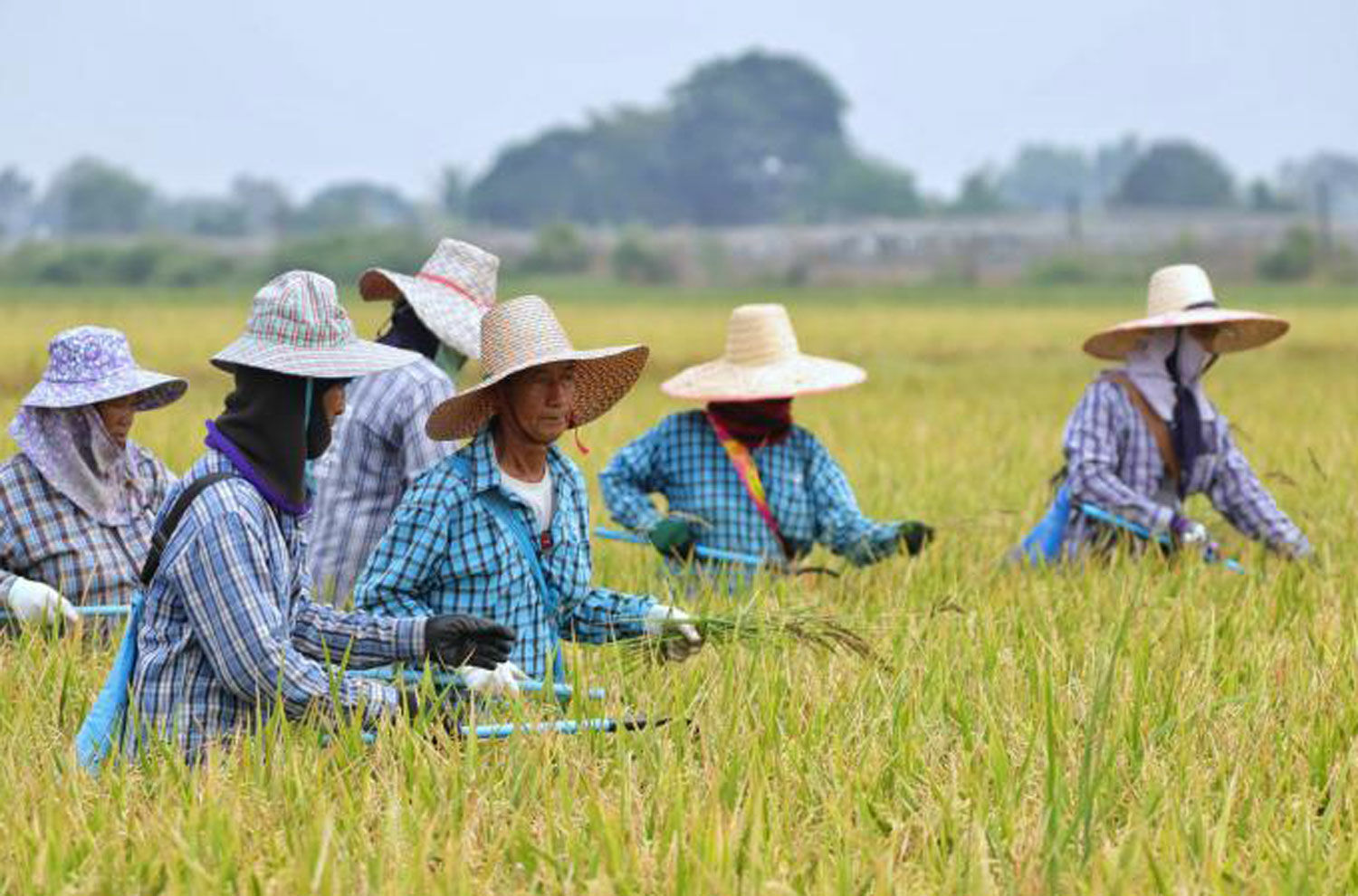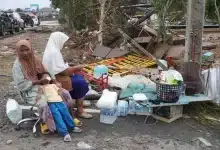Thai farmers advised against off-season rice due to climate change

Climate change and the moderate effects of the El Niño phenomenon have led to a reduction in Thailand’s water supply, prompting authorities to advise second-crop farmers against the cultivation of off-season rice. The lower water levels have necessitated a revised water distribution plan to support existing plantations where crops are yet to be harvested.
Krongsak Songraksa, Deputy Director-General of the Department of Agricultural Extension, highlighted that about 51% (approximately 12,627 million cubic metres) of the nation’s water supply has been earmarked this year. The Chao Phraya River delta alone has consumed about 4,496 million cubic metres of this allocation, indicating that the current water supply may not be adequate for second-crop farming, reported Bangkok Post.
The cultivation of off-season rice has already taken place across 10.21 million rai in Thailand, with 6.9 million rai situated in the Chao Phraya basin. This is more than the government’s cultivation plan for 2023/2024. As a result, rice farmers, particularly those in the basin, are being encouraged to grow crops that require less water.
Krongsak reveals that drought-tolerant crops such as tomatoes, sweet corn, pumpkins, watermelons and peanuts not only offer a viable alternative but also present an opportunity for better income generation for farmers compared to off-season rice.
“Off-season rice requires 1,500 million cubic metres of water per rai while a drought-tolerant crop only needs 30% to 70% as much.”
These crops can be cultivated in the rice fields post the annual rice harvest between November to April. By adopting this change, farmers can optimise their yields and profits while contributing to the conservation of the country’s water resources.
In related news, a recent study by the Trade Policy and Strategy Office of Thailand’s Commerce Ministry highlights the negative impact of climate change on the economy, urging government and private sector action. Solutions include smart agriculture and technology adoption to mitigate challenges and boost resilience.
Latest Thailand News
Follow The Thaiger on Google News:


























